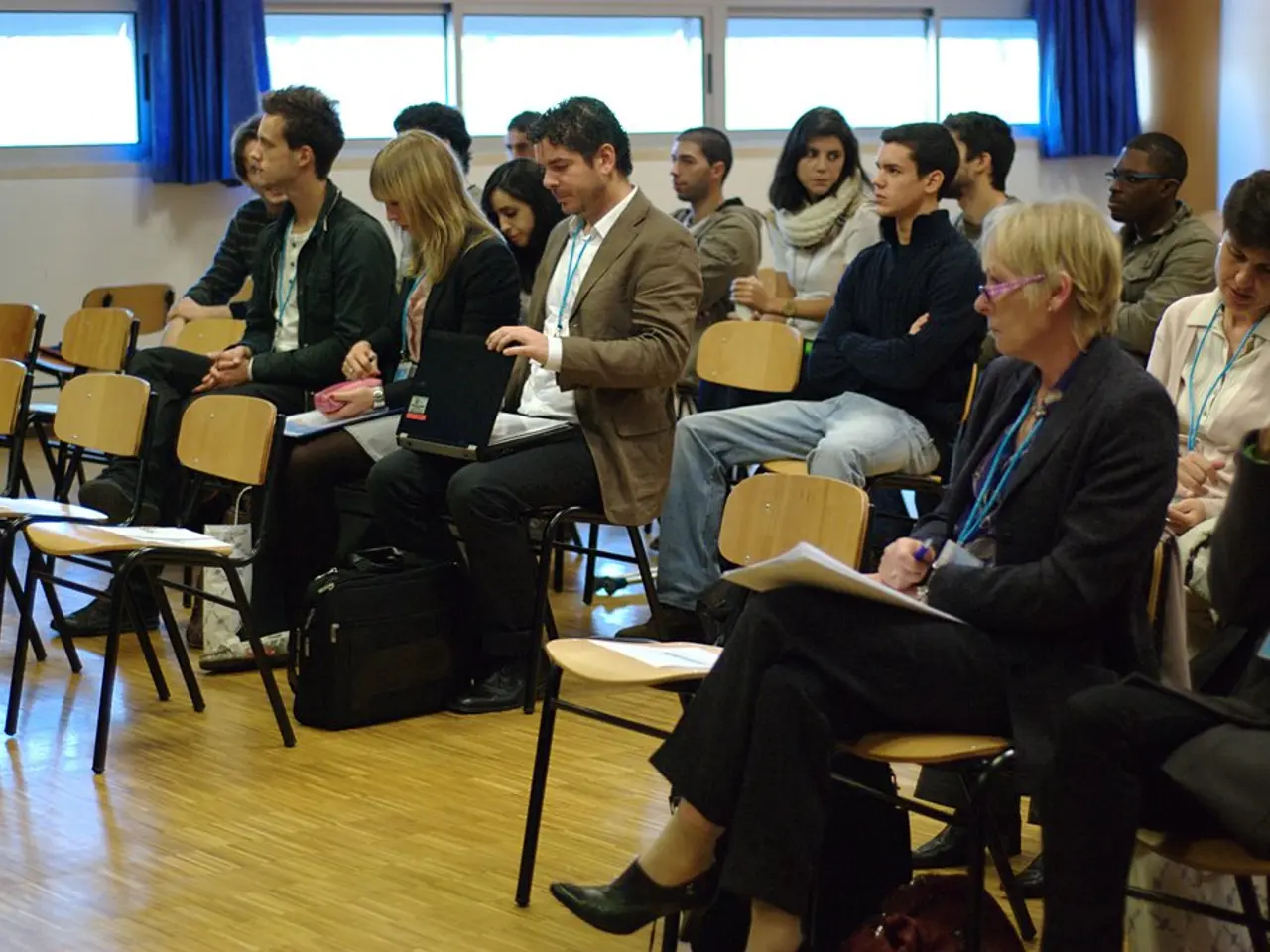Pending Decision on Implementation of the New Regulations
The Society for Civil Liberties (GFF) and other civil rights groups have filed a constitutional complaint against the Bavarian Police Duty Act (BayPAG) and the use of VeRA, a surveillance software, citing concerns over privacy, proportionality, and police overreach[1].
The complaint, supported by groups like the Chaos Computer Club (CCC) and fans of SpVgg Greuther Fürth, targets the extensive data mining practices permitted under the BayPAG. VeRA, based on Palantir's Gotham software, is used by the Bavarian police[1].
Key issues raised in the challenge include the violation of fundamental rights, preventive and indiscriminate use, lack of effective oversight, and potential targeting of innocent people[1]. The GFF argues that VeRA's broad data analysis infringes on the right to informational self-determination and telecommunications secrecy[1].
The software is allowed to be used not only for investigating serious crimes but also preventively, i.e., before any concrete danger is proven. Police reportedly use VeRA for minor offenses like property crimes, raising concerns about disproportionate surveillance[1].
There are insufficient control mechanisms and safeguards to prevent misuse or software errors, potentially leading to wrongful data analysis and subsequent police actions affecting innocent citizens[1]. Individuals who report crimes, become victims, or are merely in the wrong place at the wrong time can still be analyzed and surveilled with this tool[1].
The constitutional complaint, filed on July 23, 2025, aims to establish stricter limits on police use of such surveillance technologies under Bavarian law[1]. This case reflects ongoing debates about balancing police powers with privacy rights amid expanding digital surveillance capabilities. As of July 2025, no final judicial ruling on the complaint is yet reported.
Johannes König, a musician and co-organizer of the NoBayPAG demonstrations, is one of the complainants. He criticizes the state government for relying on the surveillance software of Peter Thiel, a figure associated with right-wing conspiracy theories[1].
Franziska Görtlitz, a lawyer from GFF, states that even victims of crime or complainants can potentially be included in the digital grid analyzed by VeRA[1]. Görtlitz also notes that the algorithms used by VeRA may work opaquely, and errors and discriminatory effects cannot be ruled out[1].
The police may use VeRA not only in cases of serious crimes but also for "preventive measures". Those affected by the analysis usually do not know about it, even if it leads to surveillance measures[1]. The co-organizer of the NoBayPAG demonstrations, Johannes König, emphasizes that the Bavarian Police Duty Act is already perceived as authoritarian, and the use of VeRA is seen as the latest development in this regard[1].
In 2023, the Federal Constitutional Court drew clear boundaries for the use of automated data analysis in the cases of Hesse and Hamburg. According to GFF, these boundaries are being ignored in Bavaria[1]. Among the eight complainants against VeRA, there are a criminal defense lawyer, activists, and persons from the fan aid of SpVgg Fürth[1].
[1] Source: [Link to the original article or news report]
Other civil rights groups, such as the Chaos Computer Club (CCC), have joined the challenge against the use of VeRA, a surveillance software, expressing concerns about the potential impact of other technologies similar to it on privacy and civil liberties. The excessive data mining permissible under the Bavarian Police Duty Act (BayPAG) and the associated risks of error and misuse, particularly in the context of opaque algorithms and lack of effective oversight, are areas of significant concern for those opposed to the software's deployment.




